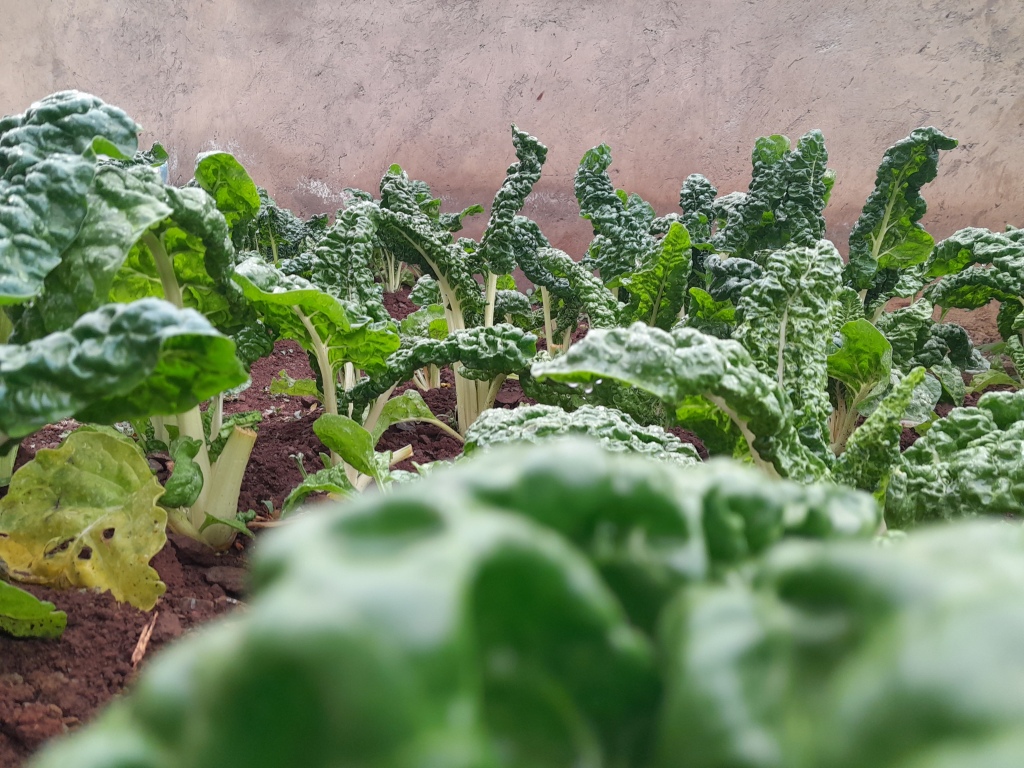Everytime we sit down to eat food, we must remember that food scraps have been generated in the process.
More often than not, these scraps are disposed in the dustbin or in black trash bags.
But what if we choose to see this waste differently?
VERMICOMPOSTING
For ages, before the advent of mineral fertilisers, our forefathers utilised a soil creature so effectively in boosting soil fertility.
Earthworms not only aerate our soil.
They consume rotting stuff in our soils and in the process excrete one of the richest organic fertilisers ever known…worm castings.
Today, farmers focusing on sustainability are drawing and applying lessons from ancient farmers by the rearing of earthworms for compost.
Even literature didn’t prepare me for the pleasant surprise earthworms had in store for my frontyard garden.
As any farmer, I had sowed seedlings in prepared beds expecting growth to kick in as usual.
But alas…the opposite was true.
My spinach seedlings remained stunted for nearly 2 weeks.
Worse still, my tomato seedlings started developing a purplish tinge on the under side of the leaves (an indication of severe phosphorus deficiency in the soil).
For a moment, I started having second thoughts about farming…
But wait a minute…I had on many occasions come across accounts of people speaking well of compost from earthworms.
So I decided to put this theoretical knowledge to the test.
I contacted one of the local suppliers of red wiggler earthworms and after parting with some little cash, got some worms going on at the back of my home.
Over time, the kitchen waste which belonged to the trash bag became a valuable food source for these little critters.
As they munch their way into the trash, they release some very rich soil amendment called worm castings.
Of course it will take time for them to work through the entire 60 litre bucket of trash but there are some fringe (or not so fringe) benefits that go along with this arrangement.
The main one is the liquid that drains from the worm castings also called worm tea.
Worm tea comes out concentrated and bears the smell of fresh earth (or a forest)
Oh I forgot…the worm.bin doesn’t smell a bit.
This is an odorless exercise;)
Back to the worm tea…
Since this liquid comes conc, I dilute it 10 to 20 times with water and feed my plants regularly.
Over time, the struggling plants converted into robust crops.
As we speak, we’ve harvested spinach and ate it for three days.
We’re harvesting more soon.
Vermicomposting is not only a method of converting solid rotting waste into rich compost…
It’s also an effective method of solid waste management.
Earthworms have worked wonders in the soil before.
They’re still in the process of working wonders in our soil today.
